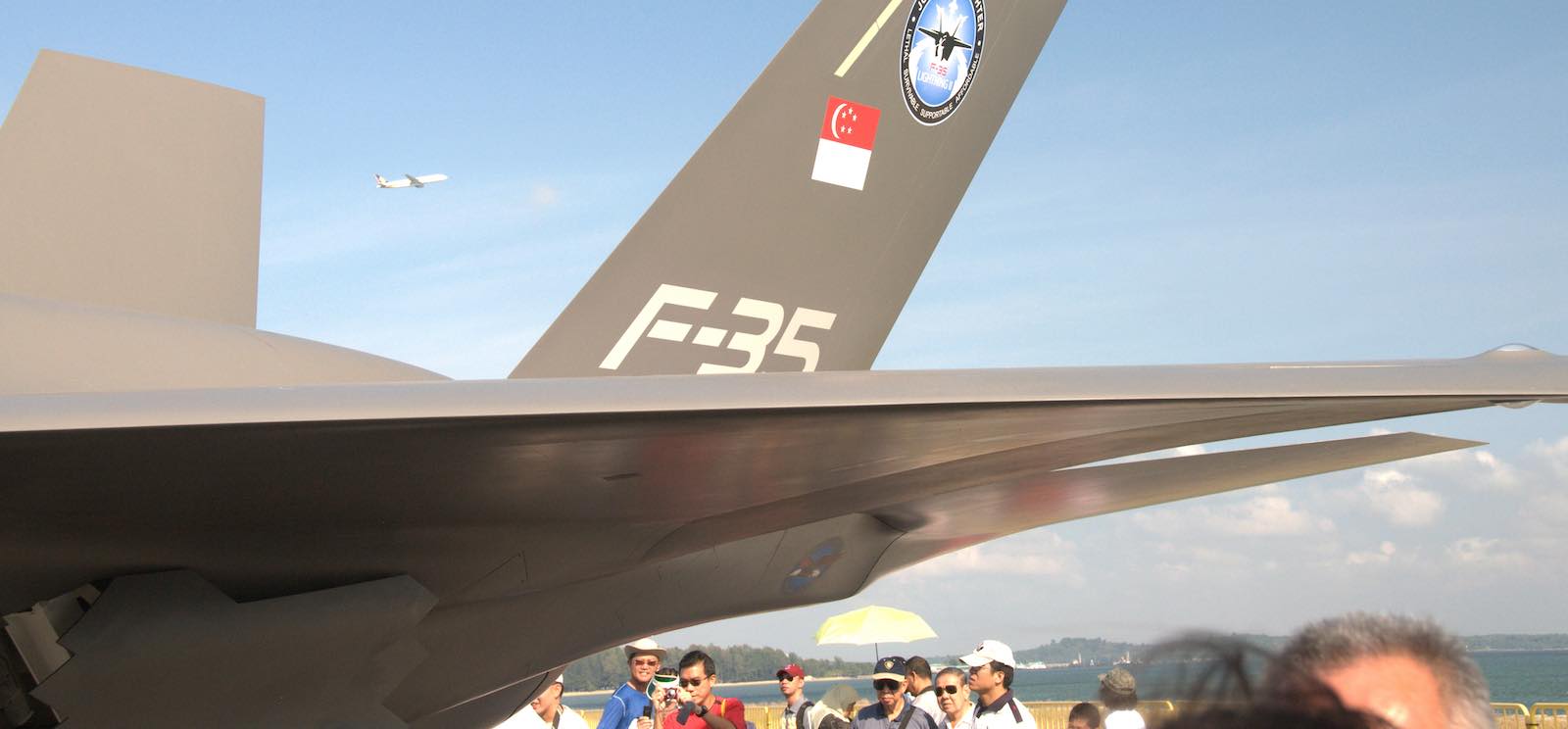The U.S. government on Thursday formally approved Singapore to become the next customer of the F-35 joint strike fighter, paving the way for a future sale.
Last year, Singaporean Defense Minister Ng Eng Hen announced that the country would submit a letter of request to the U.S. government to purchase four F-35B short takeoff and landing jets, with the intention of a total of 12 B models.
The U.S. State Department endorsement made Jan. 9 would allow Singapore to move ahead with purchasing those jets, at an estimated cost of $2.75 billion, according to the Defense Security Cooperation Agency.
Also included in the proposed deal are up to 13 Pratt & Whitney F135 engines, unspecified electronic warfare and communications systems, training equipment, and the Autonomic Logistics Information System used for mission planning, maintenance and other logistics functions.
“This proposed sale will support the foreign policy and national security objectives of the United States. Singapore is a strategic friend and Major Security Cooperation Partner and an important force for political stability and economic progress in the Asia Pacific region,” DSCA stated in a release.

“This proposed sale of F-35s will augment Singapore's operational aircraft inventory and enhance its air-to-air and air-to-ground self-defense capability, adding to an effective deterrence to defend its borders and contribute to coalition operations with other allied and partner forces.”
Singapore typically buys its fighter aircraft in small batches. If the country moves forward with buying the F-35, it will likely use those jets to begin replacing its fleet of 60 Lockheed Martin F-16C/D Block 52/52+ fighters, and further F-35 orders would be expected.
A contract with Lockheed Martin would make Singapore the 12th country to buy the F-35, following Australia, Belgium, Denmark, Israel, Italy, Japan , Netherlands, Norway, South Korea, the United Kingdom and the United States. Canada, a partner of the F-35 program, has not yet committed to buying jets, while Turkey was booted from the program last summer over its decision to field a Russian S-400 air defense system.
(defencenews.com)



















